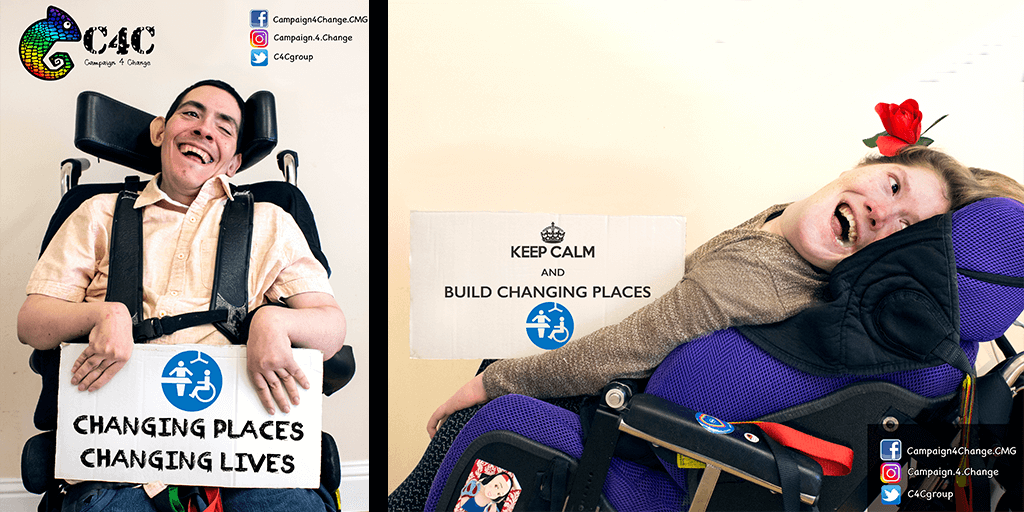Mental capacity and consent
Respecting people’s right to make their own decisions and to have their wishes and preferences followed is an important part of putting people at the centre of their care.
The Mental Capacity Act 2005 sets out how to assess whether someone has capacity to make their own decision about something, what to do if someone does not have capacity and how to uphold a person’s rights if they do not have capacity.
The 5 principles of the Mental Capacity Act 2005
- A person must be assumed to have capacity unless it is established that he lacks capacity.
- A person is not to be treated as unable to make a decision unless all practicable steps to help him to do so have been taken without success.
- A person is not to be treated as unable to make a decision merely because he makes an unwise decision.
- An act done, or decision made for or on behalf of a person who lacks capacity must be done, or made, in his best interests.
- Before the act is done, or the decision is made, regard must be had to whether the purpose can be as effectively achieved in a way that is less restrictive.
It’s important to remember that capacity to make a decision is specific to the individual decision that has to be made.
If someone doesn’t have capacity to make a specific decision for themselves, then a decision should be made on their behalf using a best interests process.
Scenario: Carrying out a best interests process for someone who lacks capacity to make a decision
Harry has not had his COVID-19 vaccine. A capacity assessment has found that Harry does not have capacity to make the decision for himself. As Harry’s GP, you would be the final decision maker about him having the vaccine, because you would be the one to administer it. Follow this best interests process for Harry.
Step 1: Establish Harry’s wishes, feelings and preferences in relation to having the vaccine
Click on the animation to hear what Harry thinks about having a vaccine.
Step 2: Speak to people who know Harry well
Click on the animation to hear what Harry’s mother thinks.
Step 3: Speak to people who understand Harry’s support needs
Click on the animation to hear what Harry’s support manager thinks.
Step 4:Making the final decision
The decision maker (i.e. the person who will be carrying out the medical process about which a decision must be made) must use this information to inform the final decision
Step 5: Recording the decision
The decision should be recorded with information about how and why the decision was reached, so that everyone can access and understand it.







